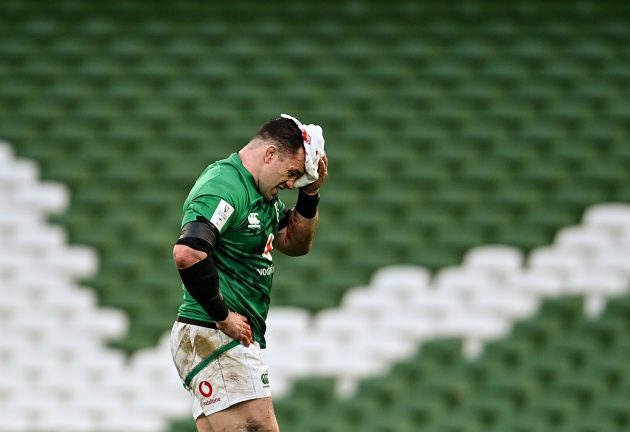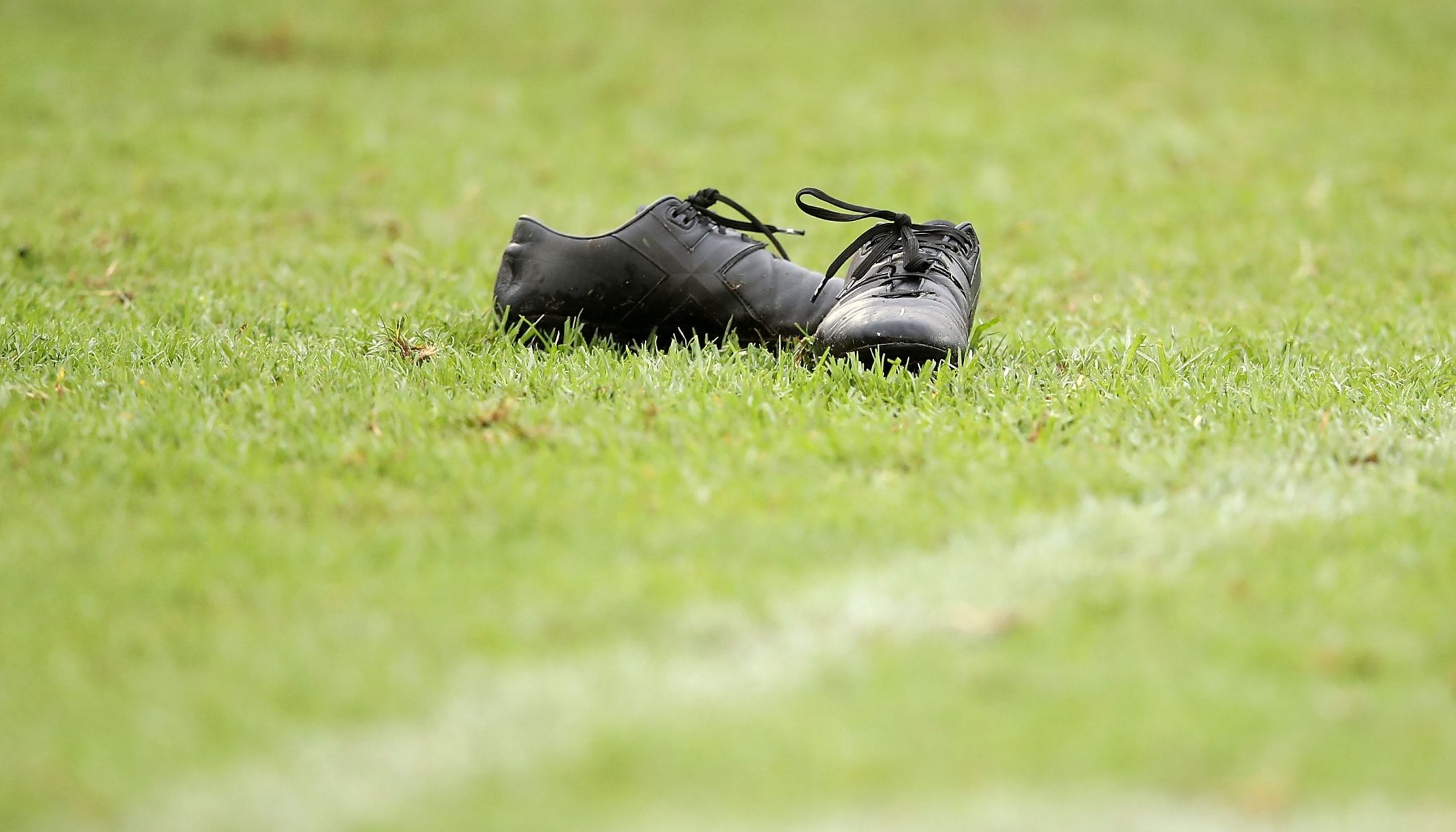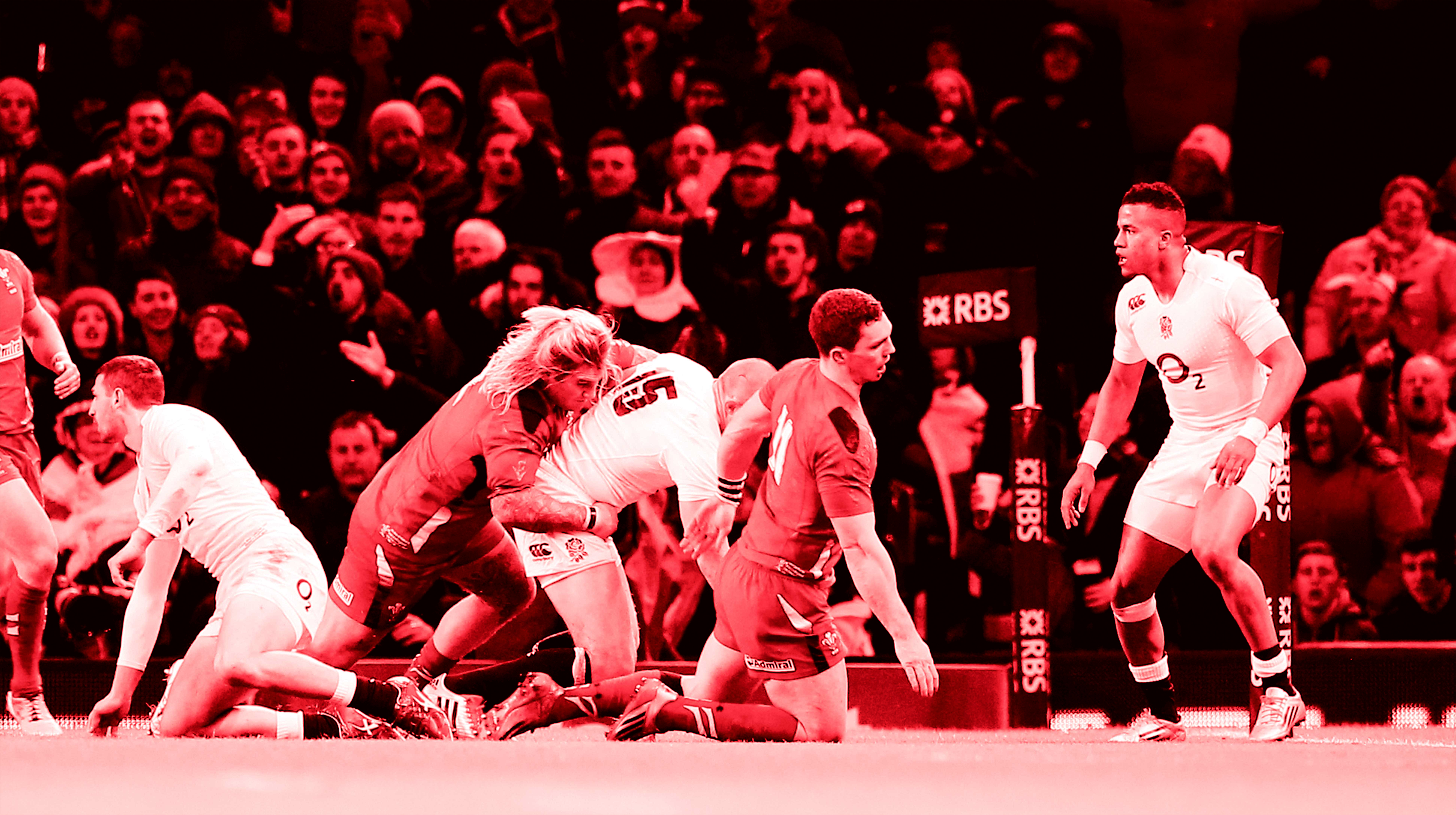The findings of studies by the Drake Foundation, DCMS and RFU
New rugby concussion reports call for action on brain trauma
Rugby urgently needs to understand the long-term repercussions of brain trauma, which is why the publication of three new rugby concussion reports this week should be welcomed by the sport.
The following groups released the findings of their investigations on the morning of the 22 July:
- The Drake Foundation have warned that 23% of elite rugby players have brain structure abnormalities due to head impacts
- The UK’s Department for Digital, Media, Culture and Sport (DCMS) has called for urgent government action addressing head injuries across a range of sports
- The RFU, PRL & RPA have announced a head impact management plan
These are the main findings of the new rugby concussion reports.
The Drake Foundation
The Drake Foundation is a non-profit organisation dedicated to researching concussion in sport. It was founded by businessman James Drake after Saracens relocated to his hometown of Mill Hill. They have invested more than £2.2m into rugby and football research, and are supported by ex-England captain Lewis Moody.
Their Rugby Biomarker Study began in 2015, looking at elite players in league and union, and collecting blood, saliva and urine to try to uncover potential clues about concussion injuries. Additionally, they have used advanced neuroimaging techniques, making it the first study to scan elite rugby players’ brains. The study assessed 41 male players and three females.
Former @EnglandRugby international, @LewisMoody7 MBE has expressed his support for the work being undertaken by The Drake Foundation. pic.twitter.com/Vt70lxnY2O
— The Drake Foundation (@thedrakefdn) July 22, 2021
Published in the scientific journal Brain Communications, the findings are startling. The Drake Foundation warn that “around a quarter of elite adult rugby players had changes in their brain structure, specifically in the white matter and blood vessels”. Additionally, half of the study group have demonstrated an unexpected reduction in brain volume.
CEO Lauren Pulling has called for immediate change. “The Drake Foundation wants to see additional updates to the game’s laws and protocols to further minimise players’ exposure to head impacts across both matches and training,” she said.
The Department for Digital, Culture, Media and Sport
Julian Knight, the Conservative MP for Solihull, chaired a Government committee looking into sport’s relationship with brain injury. It took evidence from former athletes, scientists, doctors and governing bodies.
“We’ve been shocked by evidence from athletes who suffered head trauma, putting their future health on the line in the interests of achieving sporting success for the UK,” he summarised.
How can we better manage #Concussion in sport?
A thread of some key recommendations in our report today?
1. In our report, we challenge the NHS to get better at identifying, treating and advising people with concussive brain injury.
Read the report: https://t.co/TXHkIpbFf2 pic.twitter.com/xg4v6GRhh4
— Digital, Culture, Media and Sport Committee (@CommonsDCMS) July 22, 2021
The main finding is that the responsibility of the governmental Health and Safety Executive has been delegated to the governing bodies of each sport – in rugby’s case, the RFU.
“Sport has been allowed to mark its own homework… That is a dereliction of duty which must change,” said Knight. “The failure by these sporting organisations to address the issue of acquired brain injury is compounded by a lack of action by the Government. Too often it has failed to take action on player welfare and instead relied on unaccountable sporting bodies.
“As concerning is grass-roots sport with mass participation, where we’ve found negligible effort to track brain injuries and monitor long-term impacts.”
There are four immediate recommendations:
- To establish a UK-wide standard definition for concussion, which all sports must use
- The Health and Safety Executive should work with governing bodies to establish a national framework for reporting brain injuries
- UK Sport should ensure sports that it funds raise awareness of concussion
- UK Sport should pay for a medical officer at every major sporting event, with the power to prevent athletes from competing

Robbie Henshaw had to be carried off after this collision with Sam Cane in 2016 (Sportsfile/Getty Images)
The RFU, PRL & RPA
With the DCMS report criticising governing bodies’ control over concussion protocols, the RFU has immediately improved its own.
They have announced a head impact prevention and management plan, which should help bring rugby in accordance with the UK government’s new guidelines. This has been created in conjunction with Premiership Rugby (PRL) and the Rugby Players’ Association (RPA). The RFU has also collaborated with the Drake Foundation.
?️ NEWS
Premiership Rugby, the RFU and the RPA have today announced an action plan aimed at reducing both the exposure to head impacts and concussion risk.
Read more on our website ⤵️
— Premiership Rugby (@premrugby) July 22, 2021
Firstly, their report revealed the results of ongoing research. In the 2020-21 season, Harlequins men’s and Bristol Bears women’s squads wore PROTECHT “mouthguards with embedded accelerometers and gyroscopes, able to measure linear and rotational accelerations of the head, in matches and training”.
They discovered that the ruck provided the greatest risk of head impact exposure, with the lowering of the tackle height playing a significant role. All 13 Premiership clubs will be given the chance to wear these mouthguards for the next two seasons. Data from the study will be used to limit contact in training.
Secondly, it has been announced that the Allianz Premier 15s will be the first domestic women’s league to introduce a head injury assessment (HIA). The league will also collect salivary miRNA samples, trying to investigate biomarker difference between elite men’s and women’s sport.
Thirdly, the second half of the year will see the launch of the Advanced BRAIN Health Clinic at the Institute of Sport, Exercise, and Health.
MORE ON CONCUSSION
The Effect Of Cumulative Rugby Injuries On Retired Players
“Living in the bubble of professional sport is…
Saliva test 94% accurate in head injury study
Elite male players across the 2017-18 and 2018-19…
Concussion: A special report
THE LINE wasn’t great but you could pick…
“The specialist clinical service will provide the assessment and management of retired elite male and female rugby players between the ages of 30-55 who have concerns over their individual brain health,” say the RFU.
“It will provide retired elite players with a comprehensive assessment of medical and psychological factors relevant to their brain health, led by a team of multi-disciplinary experts.”
The developments have been welcomed by RPA chief executive Damian Hopley.
“We look forward to clearer guidance and developments around head impact prevention and management going forward, especially within controlled training sessions,” said Hopley.
“The specialist clinical service to assess brain health funded by the RFU and PRL is an important step in providing enhanced data and subsequent care for the players and the game.”
Can’t get to the shops? You can download the digital edition of Rugby World straight to your tablet or subscribe to the print edition to get the magazine delivered to your door.
Follow Rugby World on Facebook, Instagram and Twitter.








